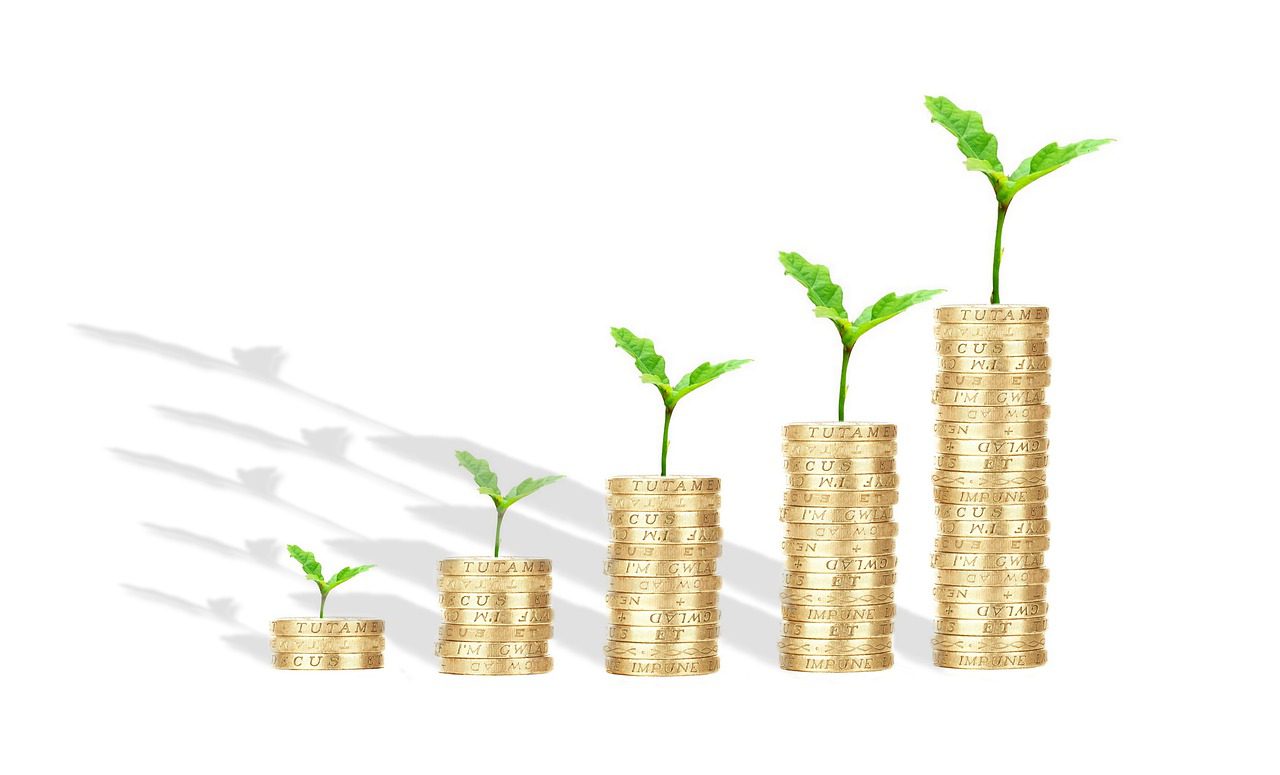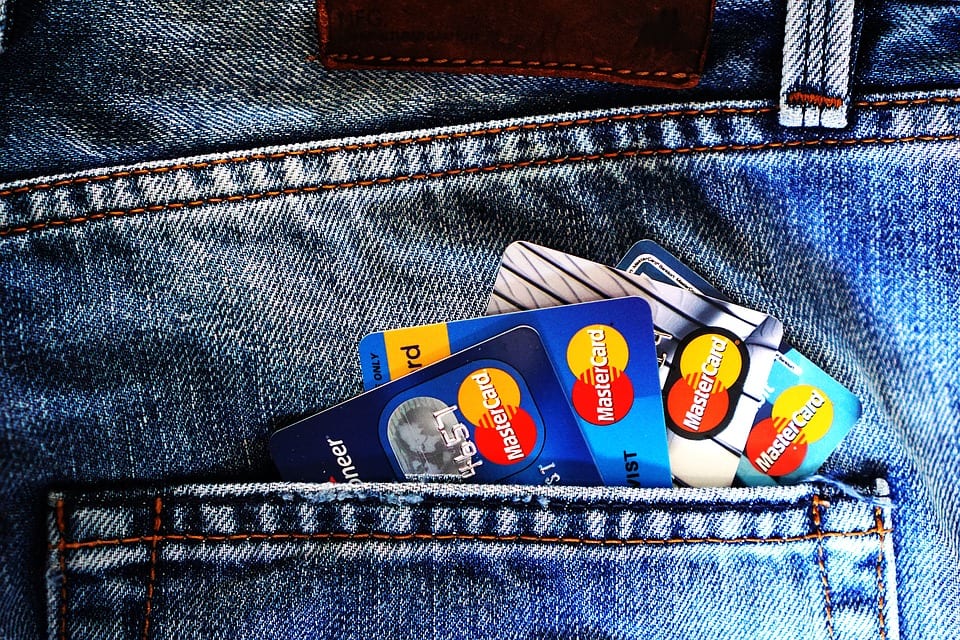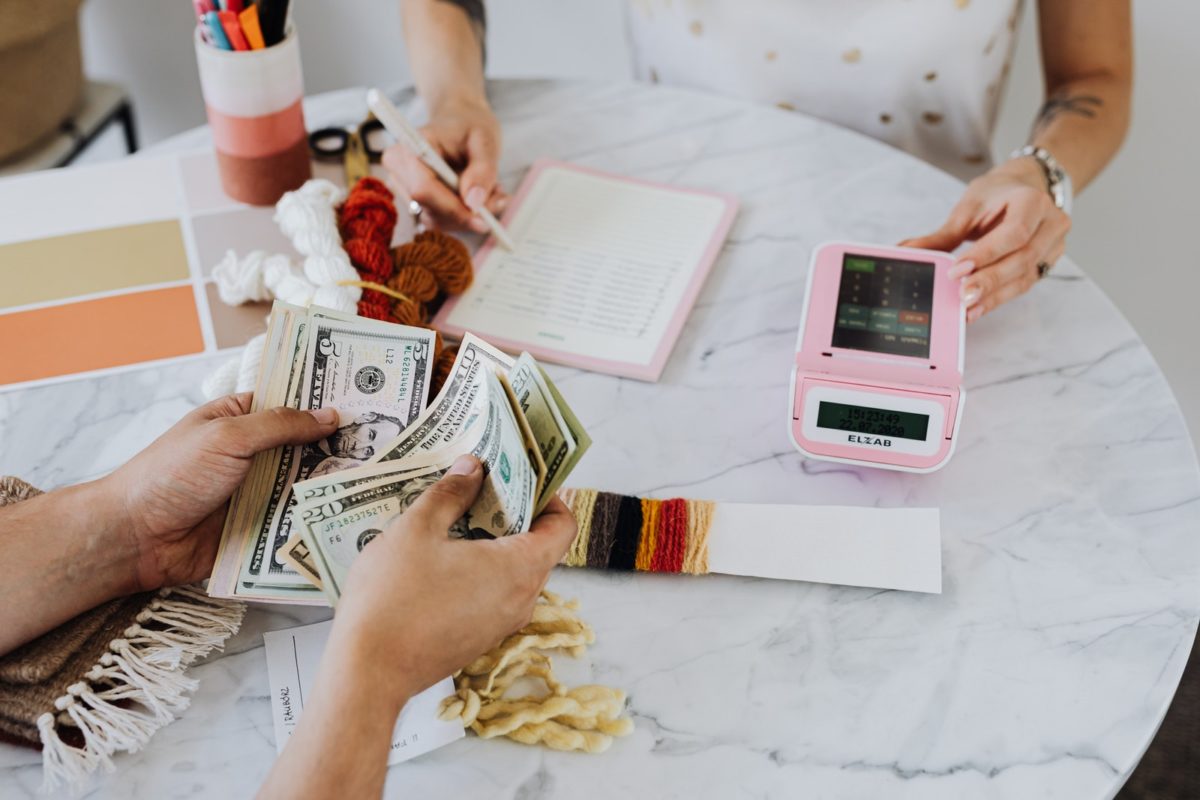When we talk about personal finances, we refer to the management of the economic resources you have, with an eye on future planning.
The financial risks, the goals, the savings instruments, and the net worth that you have available are the aspects that you must consider to organize your money.
Personal finances must be understood as a professional matter because we often make the mistake of seeing personal expenses as something of little importance. However, they are an area of our lives that we should tread carefully since our future depends on them.
The last thing we want is not to reach our goals or lose money in the face of any emergency, no matter how small.
But, how should you take care of your personal finances? Here are some tips to get you started:
➡️ Save and Invest Your Money
Saving is crucial for the conservation of one’s finances. One of the most effective ways to save is to keep at least 10% of your total income per month.
But, the key is also to invest. The money saved only keeps its value if the interest rate acquired is higher than the inflation rate.
Investing money is an excellent way to make your capital profitable and save it more effectively since it won’t lose real value with time.
➡️ Only keep assets that increase in value.
Most assets lose value over time, such as cars or appliances. To maintain your financial health so that the numbers do not get out of control, try to keep only those assets that increase their value.
 These assets might be stocks, bonds, or other financial instruments or be subject to increases in price thanks to inflation. If we have one of these goods that increase in price over time, in the long run, if we decide to sell the good, we will make a profit.
These assets might be stocks, bonds, or other financial instruments or be subject to increases in price thanks to inflation. If we have one of these goods that increase in price over time, in the long run, if we decide to sell the good, we will make a profit.
Gold is an excellent hedge for inflation, to put a clear example. GLD is an ETF we normally recommend.
➡️ Use your credit card wisely.
Cards are a good financial resource if they are taken advantage of and used well.
Take advantage of your credit cards for those purchases that allow you to pay in installments without interest. For example, when buying some furniture for your home.
Try to look at the number of installments and the corresponding value and make sure that your personal finances allow you to assume that debt each month. On the other hand, we also advise you to learn to read the account statement, so you understand each of the concepts detailed.
The important thing is that you are regularly checking your expenses and available credit limits.
Never use your card as extra money, as it is a financing instrument that includes a price for using it (interest).


